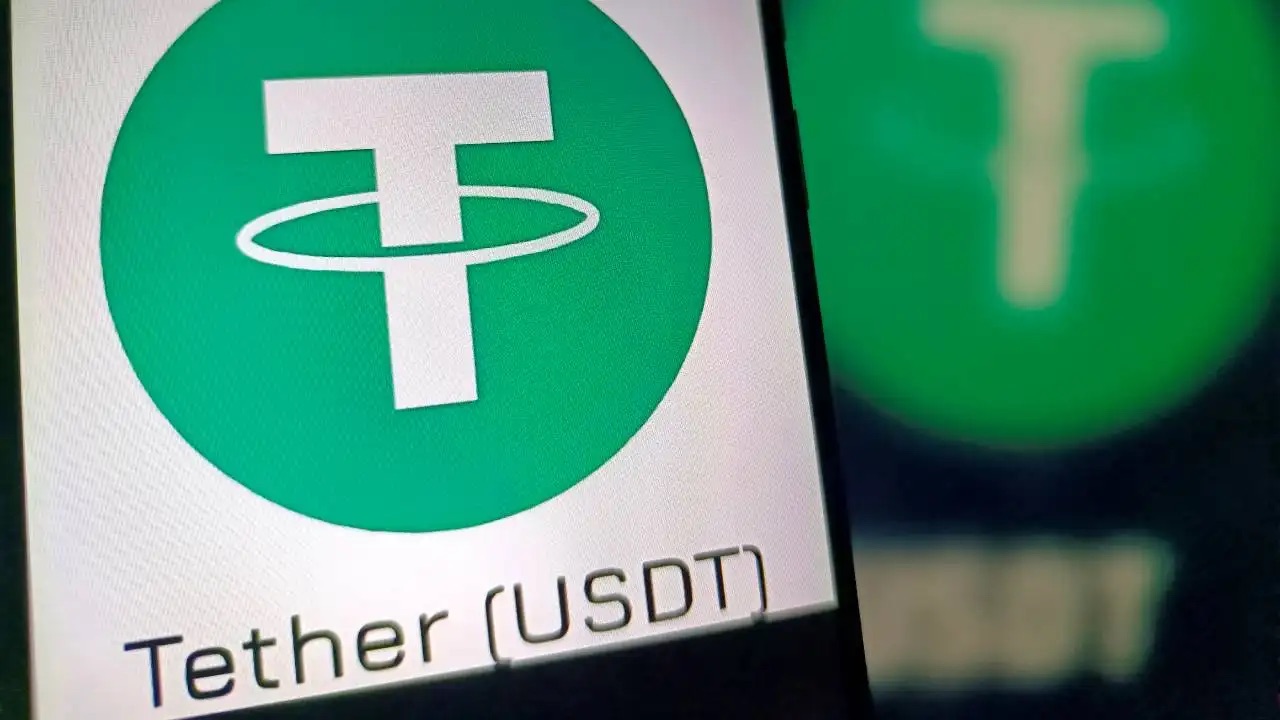According to the Inspection Daily, the official newspaper of the Supreme People’s Procuratorate of China, three young men born after 1995 in China used virtual currencies such as USDT to provide disguised cross-border exchange services for RMB. In just a few months, they completed more than 650 transactions and exchanged nearly 30 million RMB (about 134 million New Taiwan dollars) in foreign exchange. They were eventually sentenced to 5 years and 1.5 years in prison respectively by the court for the crime of illegal business operation, and each was fined.
Using virtual currency to buy and sell foreign exchange in disguise
At the beginning of 2020, 25-year-old Lin had not found a suitable job due to his low level of education. At that time, the virtual currency market was booming, so he wanted to make a comeback by speculating in cryptocurrencies. Later, he teamed up with his high school classmate Yan to engage in virtual currency “moving bricks”, buying and selling virtual currencies on two different exchange platforms, Binance and Huobi, to make a profit from the difference.
At that time, the two were just engaged in simple virtual currency “moving bricks” until August 2020, when Lin accidentally met a Nigerian with the WeChat nickname “Prince” during a transaction. The “Prince” said that the fees for buying and selling foreign exchange in banks or foreign exchange companies were high, and he wanted to exchange the local legal currency, Naira, into RMB through Lin.
Lin then came up with a perfect plan to circumvent China’s foreign exchange regulation and convert Naira into RMB: The “Prince” purchased Tether on Binance with Naira in Nigeria, and then transferred the money to Lin’s Binance account. Lin sold the Tether to domestic currency dealers in exchange for RMB, and finally transferred the RMB to a bank account in China provided by the “Prince”.
Lin determined the purchase price in advance based on the daily price fluctuation of USDT by 5%, and then sold it to domestic currency traders at the market price to earn the difference. The whole process only requires simple operations and communication, and there is no need to advance any funds, so you can “get something for nothing”. The first transaction was completed in half an hour, earning 300 yuan, which made Lin decide that this was a way to make money.
Virtual currency illegal exchange exceeds 30 million RMB
After September 2020, Lin and Yan started their own business. In January 2021, the bank accounts of Lin and Yan were restricted from trading due to frequent large inflows of funds. They asked their classmate Xie to join them and asked Xie to provide a bank card to receive the funds. Soon the three of them began to make this virtual currency foreign exchange business flourish.
But the good times did not last long. On June 17, 2022, the three were arrested by the police at their respective homes. In October 2022, the Jiangsu Provincial Procuratorate intervened in the investigation, actively tracking the transnational capital chain, and retrieving evidence such as deposit and withdrawal transaction records of overseas virtual currency trading platforms, WeChat chat records, and bank account transaction details. The main suspect Lin and his two accomplices, who had initially argued, finally had to plead guilty and hand over all the proceeds of the crime.
After investigation, the prosecutor found that from September 2020 to January 2021, Lin and Yan bought and sold more than 21.29 million yuan in foreign exchange in disguised form. From January to April 2021, after Xie joined, the three of them bought and sold foreign exchange worth more than 8.38 million yuan in disguised form. The total amount of foreign exchange bought and sold in disguised form in this case was nearly 30 million yuan.
Sentenced to 5 years in prison
The prosecution believes that Lin and two other persons used virtual currency as a medium to buy and sell foreign exchange in disguised form and earn exchange rate differences. It seems that there is no physical flow between the RMB and foreign exchange, but in fact they used the special properties of virtual currency to bypass national foreign exchange supervision, affecting the effectiveness of foreign exchange management and the stability of the legal exchange rate. At the same time, it caused the economic data held by the state to be inaccurate, affecting financial decisions such as exchange rates and foreign exchange reserve adjustments, posing a huge threat.
Therefore, on February 26, the Jianhu County Procuratorate filed a public prosecution against Lin and three others for suspected illegal business operations. On April 29, the court adopted the sentencing recommendations of the procuratorate after trial, sentencing Lin and Yan to five years in prison respectively, and each to a fine; and sentencing Xie to one year and six months in prison, suspended sentence, and a fine. None of the three appealed and the judgment came into effect.
It is worth noting that the Guangdong Provincial High People’s Court of China also shared a case warning in December last year that purchasing USDT cheaply in China and then reselling it for profit may violate the law. This move is like buying and selling foreign exchange in disguise, which constitutes the crime of illegal business operation. Those with serious circumstances may be sentenced to fixed-term imprisonment of not more than five years or criminal detention. Those with particularly serious circumstances may be sentenced to fixed-term imprisonment of more than five years.






